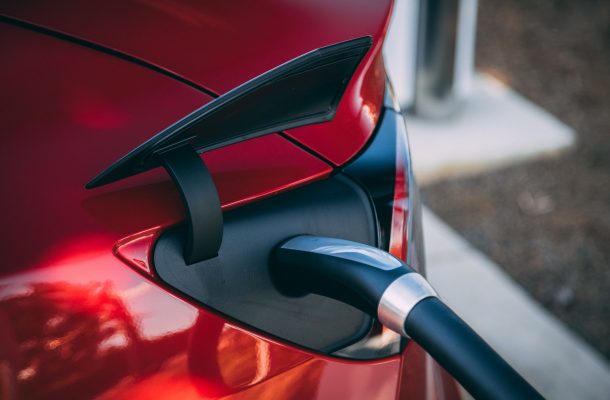Electric cars to power ahead

SEA Electric has announced that electric vehicles (EVs) are to be assembled in Victoria’s Latrobe Valley and that it will create hundreds of new jobs.
A new, environmentally sound industry in the Latrobe Valley! That would be the best thing since the promised demise of brown coal, right?
Speaking of brown coal, without a corresponding boost in renewable electricity generation to match increasing demand from EVs, vehicle emissions would simply be transferred from cars to coal-fired power stations. Describing that form of transport as “zero emissions” is, at best, self deception.
That may improve metropolitan air quality but it would make little difference to overall carbon emissions.
With EVs recharging overnight, power demand would surge with shortages likely on calm nights when demand for air conditioning peaks and renewable power sources tend to sag.
A serious investigation of the potential for commercial development of geothermal power in the Latrobe Valley would be a good fit with the EV assembly plant proposal.
It has been reported that a Latrobe Valley geothermal energy feasibility study could be done for around $250k, which is less than half of Melbourne’s median house price.
Already, inbuilt economic distortions have appeared whereby EV owners can recharge for free and drive on public roads without paying fuel tax like other motorists. The retail arrangements resulting from privatisation of the energy sector add a further layer of complexity.
Under the present tax system, the cost of power per 100km for EVs would be about half of that for petrol. That amounts to a very regressive tax on those who prefer conventional engines or may be unable to afford EVs.
It would be nice to see evidence of a coordinated transition from internal combustion engines to EV, but there’s a long way to go with policy settings and the necessary infrastructure.
It looks like there’s also an urgent need for integrated government policy to match EV development to electricity supply.
To avoid spreading another economic virus, not unlike negative gearing, the glaring inequity between revenues collected on petrol and electricity as alternative vehicle fuels must be rectified.

Max Thomas, Dip. Agric. (retired) worked in the public sector and in private consulting on a range of land, water and waste management projects. He prepared guidelines for irrigation with recycled water for EPA Victoria and developed a number of Environmental Management Systems in the water industry.













